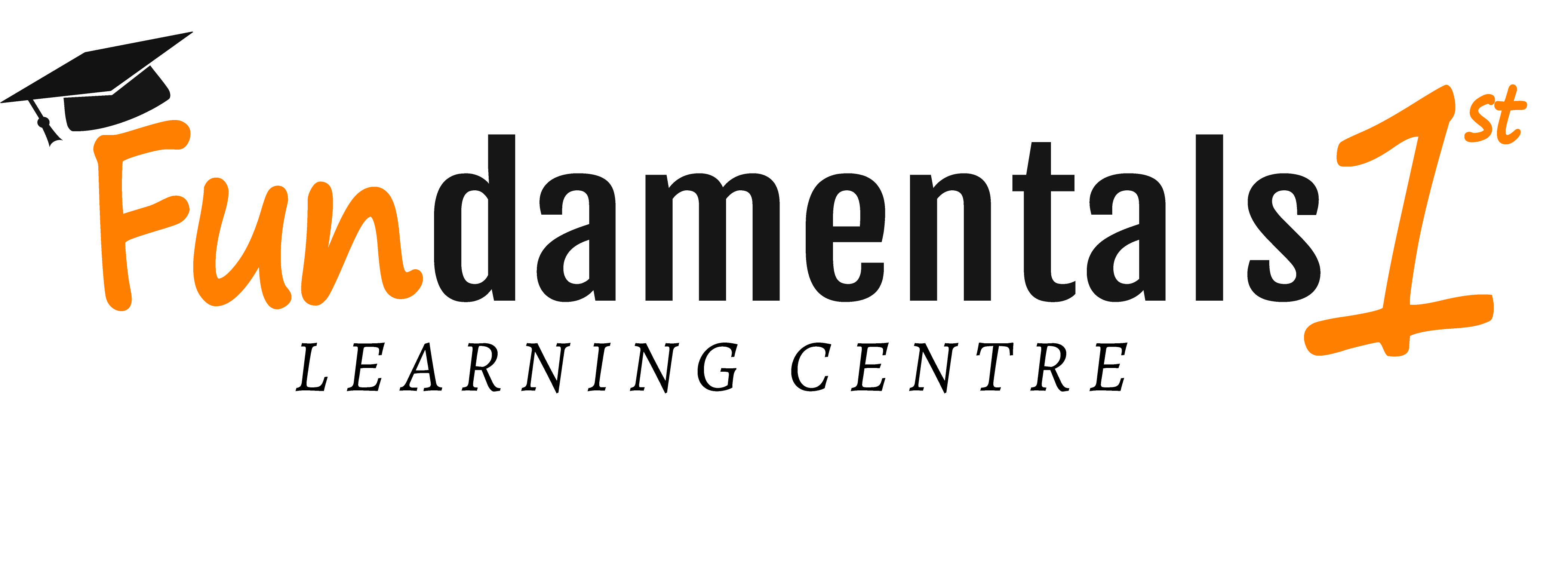
The Ultimate Guide to Making Notes That Actually Help You Succeed in School
Taking notes is a fundamental part of the learning process. However, not all notes are created equal. If you’re like most high school students, you’ve probably found yourself scribbling down everything the teacher says, only to forget it all by the time you get home. The truth is, taking effective notes is about more than just writing everything down—it’s about organizing information in a way that makes sense to you and helps you remember it for exams.
If you’re ready to level up your note-taking game, keep reading for tips and strategies that can help you make notes that actually work for you!
1. Choose the Right Note-Taking Method for You
There are several different note-taking methods, each with its own benefits. Finding the right one depends on how you learn best. Here are a few popular methods:
- Cornell Method: This method divides your paper into three sections: a narrow left-hand column for keywords, a larger right-hand column for notes, and a bottom section for summarizing. This structure encourages active learning by helping you focus on important points and reviewing the material later.
- Mind Mapping: Mind maps are great for visual learners. They allow you to visually organize information with central ideas connected to related topics. This method is especially useful for subjects that involve interconnected concepts.
- Outlining: This classic method uses headings and subheadings to break down information in a hierarchical structure. It’s a great way to organize material logically and clearly.
- Flow Notes: If you prefer writing everything down in one continuous flow, try the flow notes method. This technique allows you to capture your thoughts without worrying about structure, and you can always go back to organize later.
The Fix: Try out each method for a few weeks to see which one helps you absorb the material best!
2. Don’t Just Copy What’s on the Board
One of the most common mistakes students make is copying everything from the board or the textbook word for word. This might feel like you’re being thorough, but it’s actually not the most effective way to learn.
The Fix:
Instead of copying, try paraphrasing or summarizing the key points in your own words. This engages your brain more and helps you retain the information better. You can always add examples or additional notes during or after class to enhance your understanding.
3. Be Consistent with Your Notes
Having a consistent note-taking style makes it easier to review later. You don’t want to spend time searching for important information during your study sessions. Use the same layout, colors, and abbreviations every time you take notes.
The Fix:
Try using bullet points, headings, and consistent abbreviations to stay organized. Color-code your notes for different topics or concepts to make it easier to quickly identify key ideas.
4. Add Visuals for Better Retention
Your brain is wired to remember visuals much better than text alone. If you’re struggling with certain topics, don’t hesitate to add diagrams, charts, or drawings to your notes. For example, if you’re studying biology, drawing out processes like photosynthesis or cell division can help you visualize the concepts.
The Fix:
Use diagrams, mind maps, and even sticky notes or drawings to enhance your notes. Visual aids help you recall information faster when studying.
5. Review and Revise Your Notes Regularly
Don’t wait until the night before a test to look at your notes. By reviewing your notes regularly, you’ll help the information stick in your memory. It’s better to do a little bit each day than to cram at the last minute.
The Fix:
Set aside time every week to review your notes. You can use a spaced repetition method, where you review material at increasing intervals to help with long-term retention.
6. Keep Notes Organized in a Binder or Digital Format
Keeping your notes organized is key to staying on top of your schoolwork. Whether you prefer paper or digital notes, an organized system will make your life easier when it’s time to study for exams.
The Fix:
If you prefer paper notes, keep them in a binder with dividers for each subject. For digital notes, apps like Notion or Evernote allow you to organize your notes by subject and topic, and they’re easy to review on the go.
7. Don’t Forget to Include Questions and Summaries
At the end of your notes, add questions or a summary of the main points. This reinforces what you’ve learned and gives you a quick reference when you’re studying. Adding questions also helps you test yourself later on.
The Fix:
After each class, write down a few questions based on the material you just covered. Include a brief summary at the bottom of your notes to help reinforce your understanding.
8. Use Active Recall and Self-Testing
Self-testing is one of the most powerful ways to improve memory and learning. Instead of passively reading through your notes, use active recall—try to remember the key points without looking at your notes. Then check to see how accurate your memory is.
The Fix:
After reviewing your notes, test yourself on the material. You can also create flashcards with apps like Anki or Quizlet to quiz yourself and track your progress.
9. Take Breaks to Boost Productivity
Sitting down for long periods of time to take notes or study can actually hurt your productivity. Taking regular breaks helps you stay focused and reduces mental fatigue.
The Fix:
Use the Pomodoro Technique: study for 25 minutes and take a 5-minute break. This helps maintain your energy levels and keeps you from feeling overwhelmed.
Final Thoughts
Note-taking is an essential skill for success in high school, but it’s not just about writing things down—it’s about making your notes work for you. By using these strategies, you can improve your study sessions, retain information better, and reduce stress when preparing for exams.
Remember, you don’t have to do this alone. If you find that you’re still struggling to keep up with your schoolwork or need help with studying techniques, our tutoring center Fundamentals First located in Edmonton is here to help! We offer personalized tutoring sessions to guide you through effective study strategies to guide you towards achieving the grades you want!




